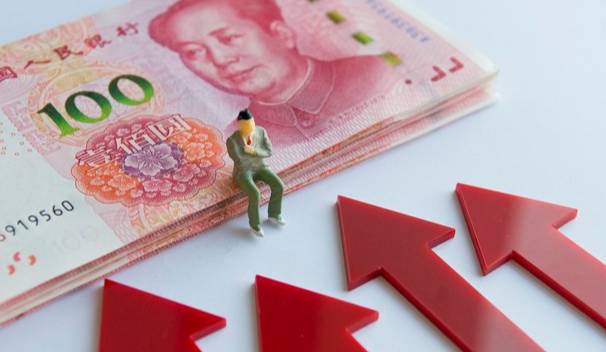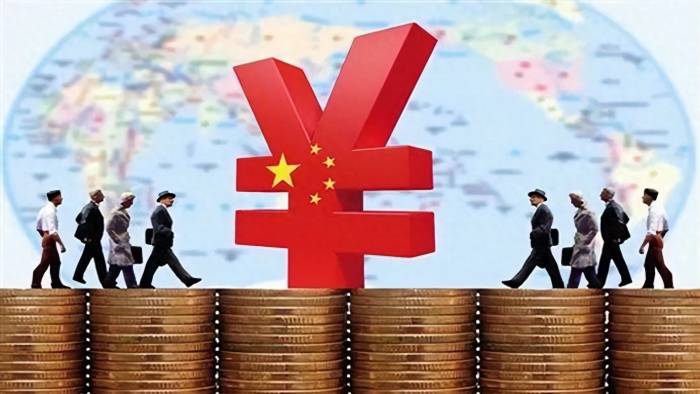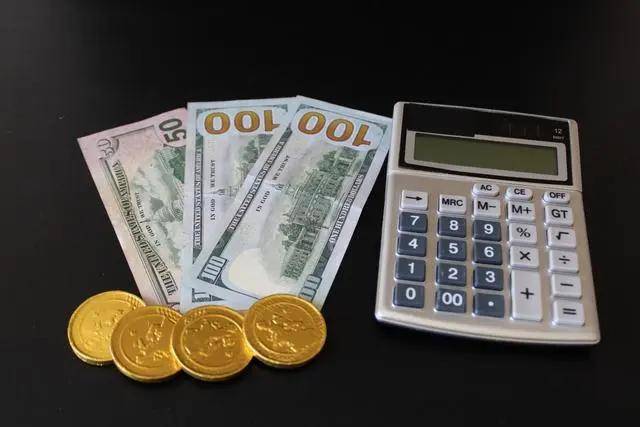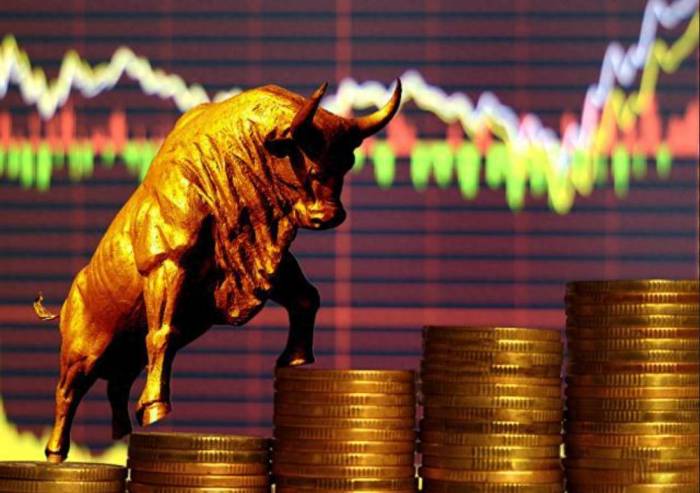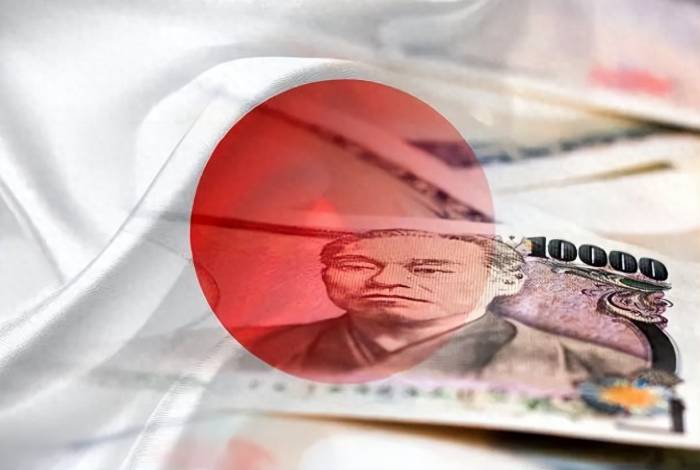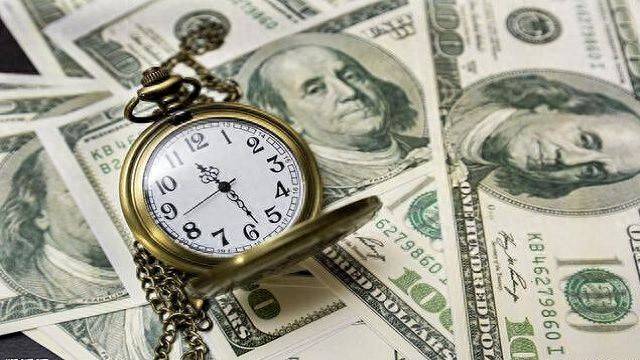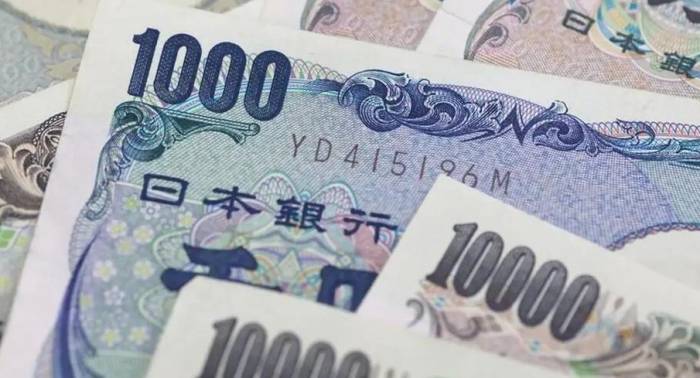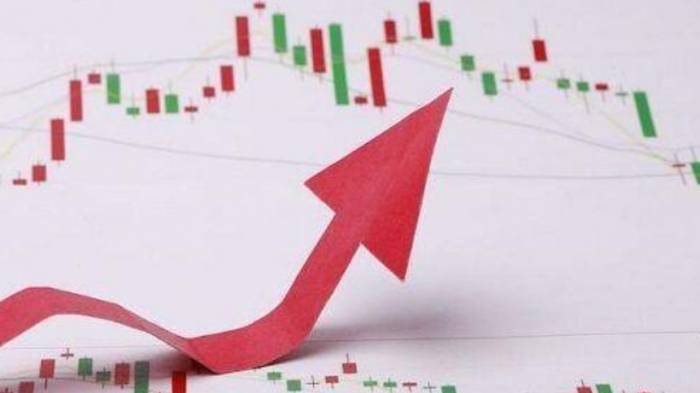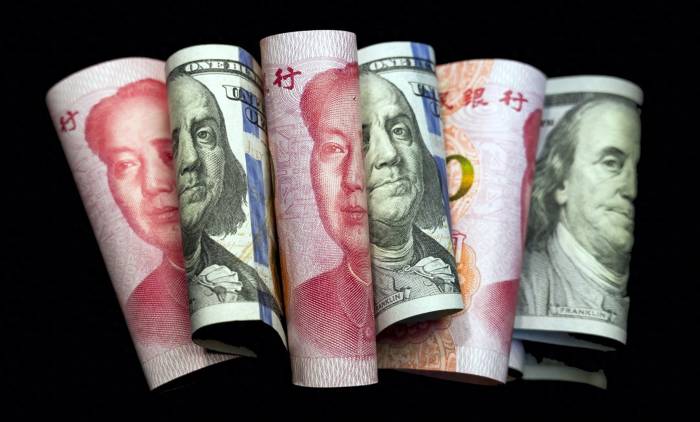In the ever-evolving landscape of global finance, the value fluctuations of currencies play a crucial role, not only impacting international trade but also the sentiments of individual investors and corporations. Over the past three decades, many residents and businesses in China have lost significantly by failing to adapt to the realities of a depreciating renminbi (RMB). Despite these losses, there remains an allure among some to hold large amounts of foreign currencies, particularly the US dollar, believing it to be a smart financial strategy. This sentiment is further exacerbated by a pervasive narrative propagated by certain media outlets, emphasizing the strength of the dollar in contrast to the RMB.
This perspective becomes even more complex when we consider the broader economic implications. For instance, the recent comments by Danielle, a senior economist at the Federal Reserve Bank of Dallas, regarding the state of the American economy have stirred discussions. She stated that the US economy is effectively in a recession, despite some optimistic projections from various analysts. Such pronouncements raise questions about the future stability of the dollar and its dominance in global markets. With the Federal Reserve's decisions on interest rates and monetary policy constantly under scrutiny, the future of the world's primary reserve currency hangs in a delicate balance.
The Federal Reserve's decision to lower interest rates in September has sparked considerable debate. While some argue that such measures can stimulate economic growth, there is a growing concern that these actions may inadvertently trigger a deeper financial crisis. The real focus for the average American is not whether the stock market hits new highs, but rather whether their day-to-day necessities, like bread and other staples, remain affordable in an inflationary landscape.
The Consumer Confidence Index recently reported a dip, reflecting a more pessimistic outlook among American citizens concerning the job market and overall economic conditions. The current index dropped significantly, revealing a sense of unease about future financial stability. This sentiment raises questions about consumer behavior; as economic confidence wanes, spending may decline, further exacerbating the economic strain.
In light of the deteriorating consumer confidence, Wall Street traders began adjusting their expectations. The likelihood of a substantial interest rate cut, particularly by December, has risen considerably. Such predictions have substantial implications for the dollar's strength and the resulting global economic dynamics.
Meanwhile, on the opposite side of the Pacific, the People's Bank of China recently introduced a massive liquidity infusion, amounting to 1 trillion RMB, to stabilize the renminbi amid its fluctuations against the dollar. As the offshore RMB breached the significant threshold of 7 to the dollar, analysts began to speculate on the potential repercussions for China's economy. If the renminbi continues to appreciate, it could lead to even more aggressive monetary policies from the Chinese government to stabilize the currency and mitigate pressures on the manufacturing sector.
Currency valuation does not exist in a vacuum; it is influenced by a myriad of factors, from geopolitical tensions to trade agreements. Experts often describe the renminbi's exchange rate as a reflection not only of economic performance but also of the nation's broader position on the global stage. Thus, fluctuations in the RMB's value can reverberate through various sectors, impacting Chinese nationals' wealth and overall economic health.
As the Federal Reserve explores further interest rate cuts, it sets off a chain reaction not just domestically but also globally, fueling capital flight towards countries perceived as safer investments, such as China. The implications of this situation are profound: as foreign capital flows into the Chinese market, local economic pressures mount, and Chinese policymakers must carefully navigate this complex terrain.
The dilemma for China now rests between two critical objectives: maintaining a stable exchange rate or focused efforts to boost housing prices. Since the renminbi's depreciation from 6.3 to 7.3 in 2022, the Chinese government has wrestled with the question of whether to prioritize currency stability or attempt to prop up the real estate market.
This dilemma is not merely theoretical; it has real consequences for millions of Chinese citizens, especially those who own property. For instance, assertions that one can liquidate urban real estate to finance investments abroad highlight a troubling disconnect. Attempts to devalue the renminbi in the past, particularly in 2016 and 2018 to sustain housing prices, did not yield the desired outcomes, leading instead to falling property values in 2022.
Facing these challenges, some experts suggest that the People's Bank of China should adopt a more aggressive stance, proposing drastic monetary easings—some advocating for interest rates to be lowered to zero. This radical solution aims to invigorate consumer spending and revive economic momentum, although it risks exacerbating existing imbalances.
A broader look at historical precedents suggests that the relationship between exchange rates and housing prices is complicated. Experience from other nations illustrates the pitfalls of choosing one over the other; both monetary phenomena can spiral out of control, resulting in a dual failure for those who attempt to protect one at the expense of the other.
As global markets dynamically shift, it becomes essential for the Chinese authorities to maintain an overview of these interconnections. With the Federal Reserve poised to employ further rate cuts, China must carefully craft responses that stimulate growth without pushing the renminbi into a tailspin or causing structural disruptions in its economy.
The dichotomy of priorities presents an ongoing challenge; on the one hand, supporting the real estate sector, previously a cornerstone of economic health, now appears more like a liability than an asset. The year 2022 proved detrimental as currency depreciation did not yield the anticipated increases in asset valuations but caused outflows instead.
The ramifications of the Fed's tightening policies have unleashed considerable stresses within China, bringing forth risks, particularly in smaller financial institutions and local government entities. The intertwined nature of real estate and local revenue models now stands in stark relief, with falling property prices placing immense pressure on municipal coffers reliant on land sales.
Addressing these risks calls for a multifaceted approach. Measures that bolster local financial stability while also reigniting consumer confidence must be at the forefront of China's economic strategy. Encouragingly, recent discussions have revolved around channeling capital markets towards fortifying strained financial institutions, reflecting an understanding of the urgent need for revitalization.
In conclusion, as the world witnesses a dollar in decline and an ever-strengthening renminbi, there rests a significant opportunity for China. The focus must now pivot to addressing domestic risks and fostering conditions conducive to sustainable growth. If done correctly, this could not only stabilize the yuan but also engender a prosperous economic landscape where both the state and its citizens flourish amidst the global economic currents.


